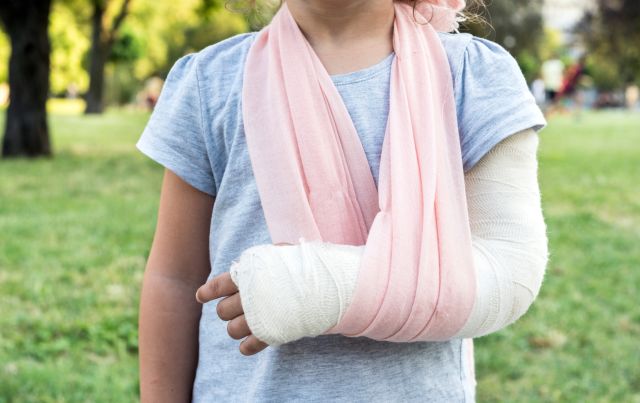1. Stay Calm. If you freak out, so will your child.
2. If your child is unresponsive, call 9-1-1 and do the "ABC" check:
- Check the Airway to make sure it's not blocked.
- Check for Breathing -- sounds of inhaled and exhaled air.
- Check for Circulation -- your child's pulse. If you need to start CPR or do the Heimlich maneuver, the dispatcher can walk you through the steps while the paramedics are en route. Better yet, be prepared by taking a CPR class or refresher course.
3. Stop any bleeding by applying pressure to the wound. Remember to keep holding it (don't peek). Every time you relieve the pressure, the bleeding will restart. So hold on, and apply pressure for at least 10 minutes. (Be prepared: Scalp and tongue wounds are especially bloody, so try not to overreact. Follow the same steps for these wounds.)
4. Don't move your child if you suspect a head, neck, or back injury. With any serious head injury, assume your child also has a broken neck, just in case. Cover him with a blanket and wait for the paramedics.
5. If a finger or toe has been cut off (gruesome, but it happens), apply pressure to the wound, then place a cloth, towel, or plastic bag around the body part and ice it. Make sure it isn't directly touching the ice and is protected. The body part can probably be reattached if the surgery's done within 6 hours.
6. On the chance that your child will need emergency surgery, don't give him anything to eat or drink. It's much safer to get anesthesia on an empty stomach.






